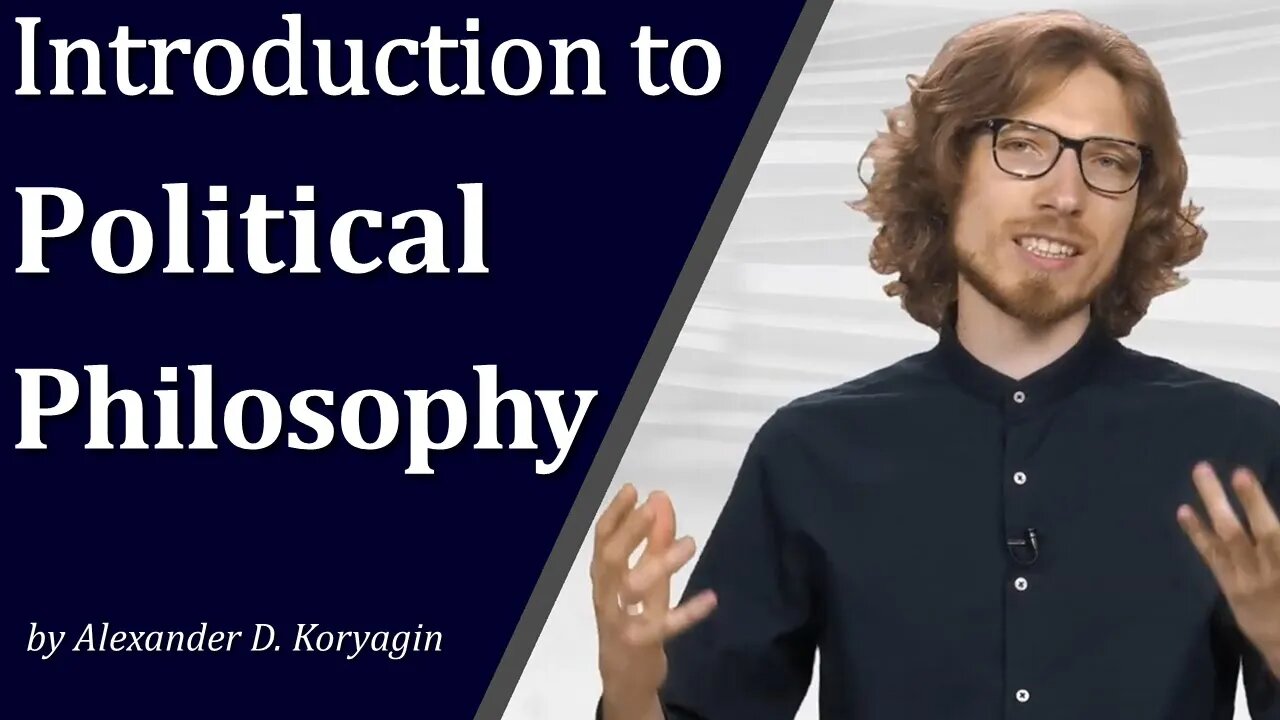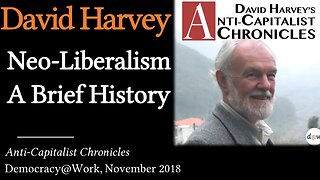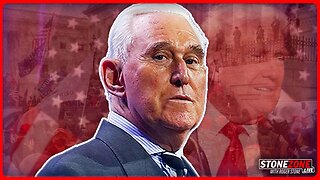Premium Only Content

Introduction to Political Philosophy by Alexander Koryagin | COURSERA
FULL PLAYLIST: https://www.youtube.com/playlist?list=PLB4w-p0WTsoLNmg8yYbucBczABaQash7C
Introduction to Political Philosophy by Alexander Koryagin
Introduction to Political Philosophy on COURSERA: https://www.coursera.org/learn/intro-to-political-philosophy/lecture/Gc149/introduction-to-political-philosophy-by-alexander-koryagin
https://www.coursera.org/learn/intro-to-political-philosophy
Alexander Koryagin
1. The Sophistic Challenge: Autonomy & Legitimacy
2. Plato's Republic: the Technocratic Ideal
3. Aristotle's Politics: Man's Political Nature
4. Hellenistic Schools: Epicureans & Skeptics
5. The Natural Law: Pro & Contra
{Stoics, Hebrew Bible, Early Christianities, Augustine & Aquinas, Machiavelli}
6. Hobbes's Leviathan: Absolute Sovereignty
7. Locke: Limited Government
8. Rousseau: The General Will
9. Hume: Reason and Passions
10. Kant: Epistemology & Ethics
11. John Stuart Mill: Utility, Liberty, Progress
12. Hegel: History of Freedom
13. Marx: Free Development of Each
14. Nietzsche: Beyond Good & Evil
15. Foucault: Discipline & Punish
16. Weber, Gramsci, Habermas
Man is born free and yet everywhere he is in chains.
We cherish individual liberty, and yet we find our deepest values & commitments largely shaped by the societies into which we are born.
We want to be happy, and yet apparently, we are unable to flourish outside of a well-ordered community of our fellow human beings.
Such is the nature of human condition – our political nature – and therefore the fundamental problem of political philosophy.
Colleagues! Greetings and welcome to the course! My name is Alexander Koryagin, I am a Lecturer in Philosophy of Science & Political Theory at HSE.
In the next 16 Lectures I will guide you through the most fundamental questions discussed by the foremost minds of the Western Political Philosophical Tradition.
We shall begin: from the foundation of our discipline in Plato & Aristotle, with their emphasis on the flourishing of human excellence in well-constituted poleis.
We shall then continue: through the Enlightenment optimism of Hobbes & Rousseau, the strength of the Nation derived only from the free & eager consent of the Citizens, the free consent to the rational laws.
Finally, we shall arrive at: the anxiety and the suspicion of the Modern Critical Tradition of Marx, Nietzsche, Foucault – their unmasking of the ideological indoctrination, of the progressive exploitation, of alienation and of ultimate potential self-destruction of humanity enslaved by the structural pursuit of efficiency for the sake of efficiency.
Some of the questions that we shall discuss in our course:
- to what extent: societies enable, or restrict our individual flourishing?
- are we in control of our destiny, or is human nature merely a product, of larger structural forces of Biological & Cultural Evolution?
- are we progressing, towards a more enlightened society; or towards self-destruction?
- what should be the balance between reform (maybe even revolution); and conservatism?
Why study Political Philosophy? In many ways, a strange question!..
If you do not think for yourself, others think for you.
Is the unexamined life worthy of a human being?
“What are we? Where do we come from? What does the future hold? And what can we do about it, individually and collectively?”
Colleagues, let me invite you into the dialogue, to examine these fundamental questions in the company of the greatest minds of the Western Philosophical tradition.
#coursera #politicalphilosophy #philosophy #moralphilosophy #plato #hobbes #hegel #nietzsche #marx #foucault
-
 57:58
57:58
Philosophy with Alexander Koryagin
1 year agoDavid Harvey: A Brief History of Neo-Liberalism & The Financialization of Power | ACC 01-03
186 -
 59:48
59:48
The StoneZONE with Roger Stone
3 hours agoJanuary 6 Victim Jeremy Brown Still in Jail Despite Trump Pardon | The StoneZONE w/ Roger Stone
31.9K9 -
 1:45:44
1:45:44
megimu32
5 hours agoON THE SUBJECT: Make 90s Movies Great Again
29.1K5 -
 59:46
59:46
Man in America
11 hours agoAI mRNA Vaccines, Turbo Cancer & Blood Clots... What Could Go Wrong?! w/ Tom Haviland
18.5K11 -
 1:09:15
1:09:15
Precision Rifle Network
1 day agoS4E3 Guns & Grub - Trump a new era for gun rights?
25.7K3 -
 1:05:31
1:05:31
Glenn Greenwald
6 hours agoSection 702 Warrantless Surveillance Ruled Unconstitutional: Press Freedom Advocate Seth Stern Explains; The Rise of Unions & the Impact of Trump's Populism with Author Eric Blanc | SYSTEM UPDATE #395
73.9K83 -
 1:01:13
1:01:13
The Amber May Show
5 hours ago $1.24 earnedWomen Of Rumble | Amber, Kelly and Wendy Wild
25K2 -
 1:16:38
1:16:38
Josh Pate's College Football Show
7 hours ago $1.11 earnedCFP Title Viewership | JP Poll Under Attack | Bama & Oregon Season Grades | Most To Prove In 2025?
28.1K -
 LIVE
LIVE
VOPUSARADIO
11 hours agoPOLITI-SHOCK! "THE TIDE IS TURNING"! 3 SPECIAL GUESTS JOINING US TONIGHT!
133 watching -
 52:47
52:47
Kimberly Guilfoyle
9 hours agoDismantling DEI Once and For All, Live with Tyler O’Neil & Eric Deters | Ep.190
86.7K32